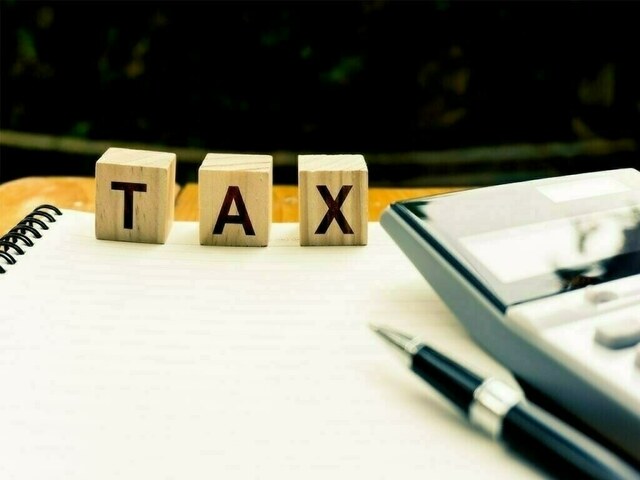LAHORE: As the federal government enters the final phase of preparing the federal budget for 2025–26, the Federation of Pakistan Chambers of Commerce and Industry’s (FPCCI) Businessmen Panel (BMP) has strongly urged the government to eliminate tax discrimination between different categories of medicines.
The panel called for applying a uniform 1% sales tax rate on all medicines—whether allopathic, homeopathic, or herbal—to ensure fairness, accessibility, and consistency in healthcare taxation.
The issue was discussed in detail during the meeting between Mian Anjum Nisar and a delegation from the Homeopathic Pharmac eutical and Chemist Association Pakistan (HPCA), who met him in the lead of Dr. Amanullah Bismil, Patron-in-Chief of the HPCA.
The delegation included Dr. Ahsan Waris, Dr. Iqbal Hanif, Dr. Kashif Masood, and Saifurrahman Safi. The representatives shared their concerns regarding the unequal taxation structure, highlighting how it discourages the growth of the alternative medicine industry and limits consumer access to affordable treatment options.
Chairman of the Businessmen Panel and former FPCCI president Mian Anjum Nisar pointed out that a significant disparity currently exists in the taxation system governing pharmaceutical and health-related products. Allopathic medicines—conventional pharmaceutical drugs—are taxed at a concessional rate of 1%, while homeopathic and herbal medicines are subject to a hefty 18% general sales tax (GST). This difference, he argued, is unjust and harmful, creating a disproportionate burden on consumers and manufacturers of non-allopathic medicines.
“The current tax system promotes inequality within the healthcare sector,” Anjum Nisar said. “On the one hand, the government claims to prioritize public health and affordability; on the other hand, it penalizes manufacturers and users of homeopathic and herbal medicines with an unjustifiable tax rate. This contradictory policy undermines equitable healthcare access.”
Dr. Bismil explained that the issue stems from outdated provisions in the Eighth Schedule of the Sales Tax Act, 1990, particularly Entry No. 81, which only refers to drugs registered under the now-repealed Drugs Act of 1976. That Act has since been replaced by the Drug Regulatory Authority of Pakistan (DRAP) Act, 2012, which regulates all therapeutic goods—allopathic, homeopathic, herbal, and nutraceutical. According to Section 32 of the DRAP Act, its provisions take precedence over earlier or conflicting laws. However, the sales tax framework has not been updated to reflect this change, resulting in a legal loophole that excludes non-allopathic medicines from receiving the same tax relief as allopathic drugs.
Dr. Bismil urged the Ministry of Finance and the Federal Board of Revenue (FBR) to address this gap by amending the Eighth Schedule so that all DRAP-registered medicines are treated equally under the tax regime. He stressed that the amendment should be included in the Finance Bill 2025–26 and take effect from July 1, 2025.
“This is the ideal time to correct this policy anomaly,” said Dr. Bismil. “As budget preparations are underway, the government must take this opportunity to demonstrate its commitment to inclusive healthcare, fair taxation, and support for local industries.”
Anjum Nisar supported the delegation’s demands and assured them he would take the issue to the highest level to seek a resolution. He emphasized that millions of Pakistanis—especially those in rural areas and low-income groups—rely on homeopathic and herbal treatments. By taxing these products at a higher rate, the government is restricting access for the underprivileged and effectively pushing patients toward more expensive alternatives.
He further highlighted the economic potential of the alternative medicine sector, which has demonstrated remarkable resilience despite facing regulatory neglect and tax pressures. “Pakistan has a rich heritage in traditional medicine systems, including homeopathy, Unani, and herbal formulations,” he said. “If supported through progressive policy and tax fairness, these industries can contribute billions to the national economy and expand into export markets across the Middle East, Africa, and Asia.”
Anjum Nisar added that a uniform 1% tax rate across all medicines would promote transparency, compliance, and a healthier business environment. It would allow all sectors of the healthcare industry to grow side by side, encouraging innovation and ensuring that patients have access to diverse treatment options at fair prices.
He warned that maintaining the current dual tax system would continue to distort the market, discourage formalization, and hurt small- and medium-sized enterprises (SMEs) that make up the bulk of the homeopathic and herbal medicine industry.
“This is not just a tax issue—it’s a healthcare issue and an economic opportunity,” Nisar concluded. “The government must seize this moment to harmonize the taxation structure, promote equity in healthcare, and support the broader goal of industrial development in Pakistan.”
Copyright Business Recorder, 2025


